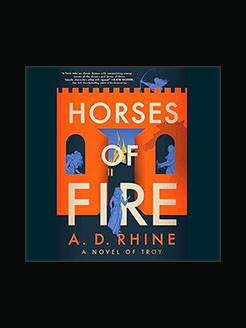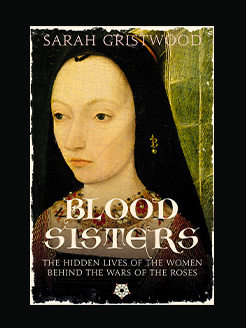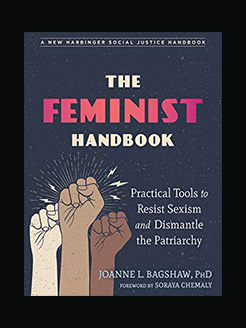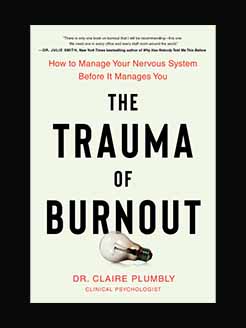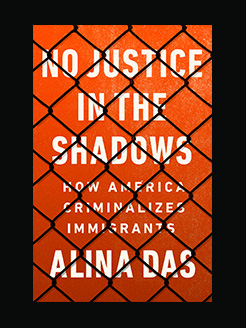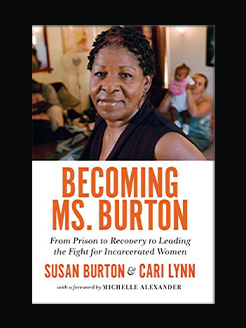Published in 2018
344 pages
Azeenarh Mohammed is a trained lawyer and a queer, feminist, holistic security trainer who spends her time training non-for-profit organisations on tools and tactics for digital and physical security and psycho-social well-being. Azeenarh is active in the queer women’s issues in Nigeria and has written on queerness and technology for publications like This is Africa, Perspectives, and Premium TimesNG.
Chitra Nagarajan is an activist, researcher and writer. She has spent the last 15 years working on human rights and peace building and is involved in feminist, anti-racist, anti-fundamentalist and queer movements. She currently lives and works in Maiduguri, Nigeria, focusing on conflict mitigation, civilian protection and women’s rights.
Rafeeat Aliyu has a BA in Marketing and works in communication and research. She is particularly interested in sex and sexuality in both modern and historical Nigeria.
What is this book about?
“We put together this collection of thirty narratives to correct the invisibility, the confusion, the caricaturising and the writing out of queer women from history.”
This stirring and intimate collection brings together 30 captivating narratives to paint a vivid portrait of what it means to be a queer Nigerian woman. Covering an array of experiences – the joy and excitement of first love, the agony of lost love and betrayal, the sometimes-fraught relationship between sexuality and spirituality, addiction and suicide, childhood games and laughter – She Called Me Woman sheds light on how Nigerian queer women, despite their differences, attempt to build a life together in a climate of fear.
Through first-hand accounts, She Called Me Woman challenges us to rethink what it means to be a Nigerian ‘woman’, negotiating relationships, money, sexuality and freedom, identifying outside the gender binary, and the difficulties of achieving hopes and dreams under the constraints of societal expectations and legal terrorism.
These beautifully told stories of resistance and resilience reveal the realities of a community that refuses to be invisible any longer.
